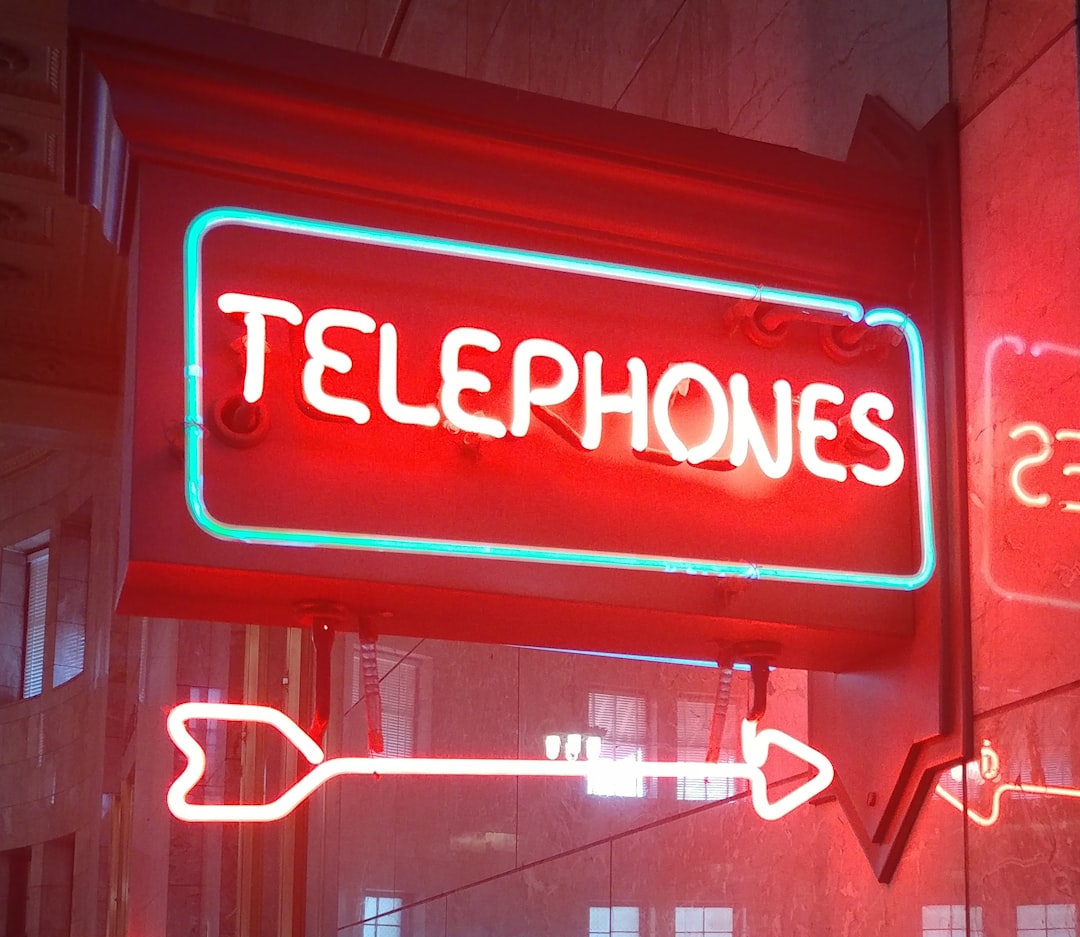Pennsylvania's strict Do Not Call laws protect residents from unwanted telemarketing. Charities must adhere to regulations regarding consent, opt-out mechanisms, and call frequency to avoid penalties up to $100 per violation. Consulting with a specialized Do Not Call Lawyer or Attorney in Pennsylvania ensures compliance, ethical practices, and respect for residents' privacy rights. Engaging these professionals protects charities from legal repercussions, maintains donor trust, and fosters positive public perception.
“Navigating the complex landscape of telemarketing laws in Pennsylvania is essential for local charities looking to maintain compliance and protect donors. With stringent Do Not Call regulations in place, organizations must understand their rights and responsibilities to avoid legal pitfalls. This comprehensive guide delves into the key aspects of Pennsylvania’s telemarketing laws, offering insights for charities to ensure ethical practices and safeguard their operations from potential spam call lawsuits with the help of a Do Not Call lawyer or attorney in Pennsylvania.”
Understanding Pennsylvania's Do Not Call Laws for Telemarketing

In Pennsylvania, telemarketing calls are subject to specific regulations aimed at protecting residents from unwanted and harassing phone communications. The state’s Do Not Call Laws are designed to give individuals control over their telephone privacy, especially when it comes to commercial or unsolicited calls. These laws not only restrict certain practices but also provide a legal framework for those who feel their rights have been infringed upon.
Charities engaging in telemarketing activities within Pennsylvania must be aware of the state’s Do Not Call Laws. A Do Not Call Lawyer or Attorney specializing in Pennsylvania’s spam call regulations can offer guidance to ensure compliance. These laws often require charities to obtain explicit consent from recipients and provide a way to opt-out of future calls, ensuring residents’ rights are respected while allowing charitable organizations to effectively raise funds.
Who is Regulated by These Laws?

In Pennsylvania, the Do-Not-Call laws are designed to protect residents from unwanted telephone solicitations, particularly from charities and fundraising organizations. These regulations are applicable to a wide range of entities, including local charities, non-profit groups, and any organization engaging in telemarketing activities within the state. If your charity makes outbound phone calls or uses automated dialing systems to reach potential donors, it is crucial to understand these laws to ensure compliance.
The Do-Not-Call laws in Pennsylvania are enforced by the Attorney General’s Office and are closely related to the federal Telephone Consumer Protection Act (TCPA). This means that charities must adhere to strict guidelines regarding call frequency, opt-out requests, and proper documentation of consent. Engaging a Do Not Call Lawyer or Do Not Call Attorney in Pennsylvania can help ensure your organization stays within these legal boundaries and avoids potential penalties for violating these important consumer protection regulations.
Legal Consequences of Violating Do Not Call Rules

Violating Do Not Call rules in Pennsylvania can lead to severe legal consequences for charities and their representatives. If a charity makes telemarketing calls to individuals who are registered on the Do Not Call list, it is considered a violation of state laws. Fines for such infringements can be substantial, with penalties reaching up to $100 per call in some cases. These fines are not only financially burdening but also damage the charity’s reputation.
A Do Not Call Lawyer or Attorney in Pennsylvania can help charities navigate these regulations and protect them from potential legal issues. They provide guidance on best practices for compliance, including proper call tracking, consent documentation, and training staff to respect consumer preferences. Engaging such legal expertise is crucial to ensure charitable organizations remain compliant with Do Not Call Laws and avoid the negative implications of accidental or intentional violations.
How to Comply with State Regulations for Local Charities

To comply with state regulations for local charities in Pennsylvania, it’s crucial to understand and adhere to the state’s Do Not Call laws. As a charity, you must respect the privacy and preferences of your potential donors by following the guidelines set forth by the Pennsylvania Department of State. This includes obtaining explicit consent before making any telemarketing calls and maintaining detailed records of those interactions.
Engaging a reputable Do Do Not Call Lawyer Pennsylvania or consulting with a Do Not Call Attorney Pennsylvania can help ensure your organization stays within legal boundaries. Understanding the Spam Call law firm Pennsylvania regulations is essential to avoiding penalties and fostering trust with your donors. Remember, compliance involves more than just following laws; it’s about maintaining ethical practices that reflect positively on your charity’s reputation.
Your Rights as a Charitable Organization in Telemarketing Practices

As a charitable organization in Pennsylvania, you have rights and protections when it comes to telemarketing practices. The state’s Do Not Call laws, enforced by both the Attorney General’s Office and private attorneys like those specializing in spam call law firms, are designed to safeguard consumers from unwanted calls. These regulations apply to all organizations, including charities, that engage in telemarketing activities.
Under Pennsylvania’s Do Not Call Laws, charities must comply with strict guidelines regarding call frequency, content, and consent. They cannot make calls to numbers on the state’s Do Not Call list without explicit permission. Additionally, they should clearly communicate their identity and purpose, providing donors with an easy way to opt-out or stop future calls. Working with a Do Do Not Call Lawyer Pennsylvania or a reputable Do Not Call Attorney Pennsylvania can ensure your organization adheres to these regulations, protecting both your reputation and the interests of those you serve.






